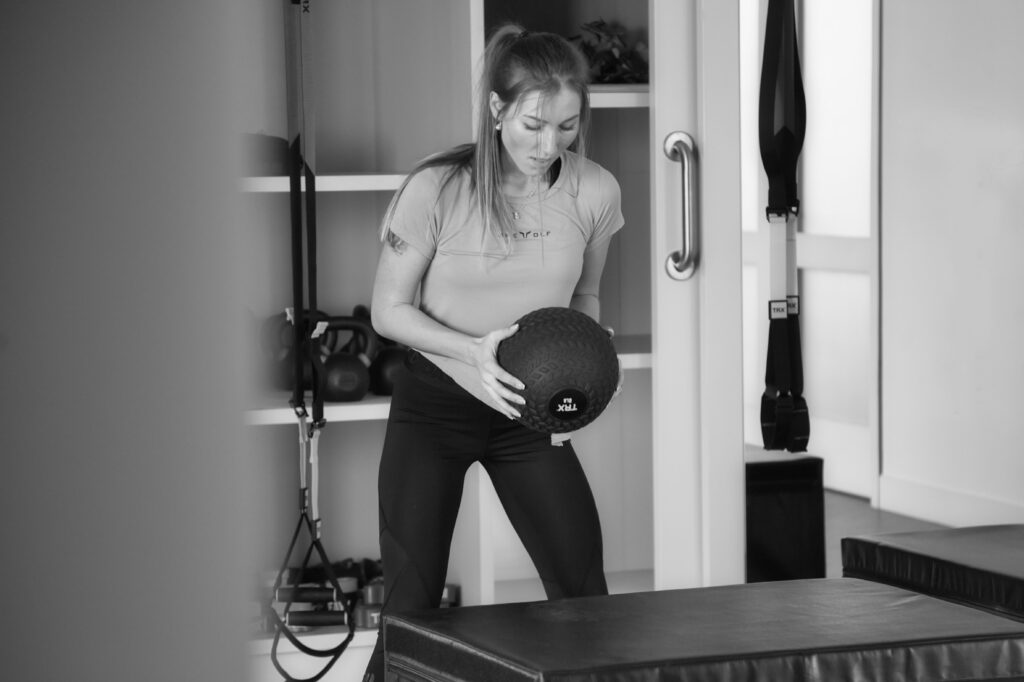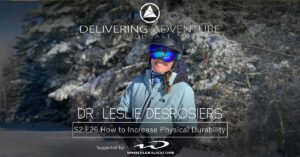A Need for “External Focus of Attention” in ACL Rehab
Can an injury to a ligament actually affect how your brain works? And can the change in your brain actually make you more prone to injury?
If you have torn the anterior cruciate ligament (ACL) in your knee, you understand that it affects many aspects of your life. Beyond the physical, emotional, social, and financial implications, your brain actually changes too.
After tearing the ACL in the knee, 20-30% of people will have a second ACL injury within the first 2 years.
Why is the re-injury rate SO HIGH?
Surgical techniques are improving. Rehabilitation programs are more comprehensive than ever. Return-to-sport guidelines are followed.
So why do 1 in 4 athletes sustain another ACL injury, despite being medically cleared for sports?
Growing evidence suggests adaptations in the central nervous system may contribute to impaired motor control and reaction time after ACL injury, leaving an individual more susceptible to another injury.
Sensory input from the knee to the brain decreases when the ACL is torn, so the brain adapts by gathering information from other areas of your body. As you initially relearn how to walk, jump, and turn safely, you will have to focus on keeping your knee protected, because it will not “feel” the same as it used to. Looking down at your knee or using a mirror during exercises can help. This is how your brain gets the information needed to generate the right motor output.
One possible reason for the high rate of re-injury after an ACL injury is that athletes are not properly prepared for distractions in a sporting environment. They might be used to focusing on what the knee is doing, rather than what is happening in the surrounding environment. This hyper-focus on the knee might actually be detrimental to the athlete when they get back onto the field, court, mountain, or in a fast-changing environment.
In sports, athletes typically are not thinking about lower extremity alignment because they are paying attention to the environment, their opponent, or the ball, taking in as many variables as possible and making quick decisions. If these movements are not automatic, then the athlete will be prone to injury when the environment suddenly changes and they have only a moment to react.
Basically, in traditional rehab, or if rehab is stopped prematurely, there is a disconnect between strengthening the knee for returning-to-sports, and re-training the brain for returning-to-sports.
Can we re-train the brain?
Through specialized exercise, we can actually train the body and central nervous system to use different sensorimotor pathways. We can train the brain to process information quickly without requiring visual attention on the knee. We can practice this over and over for the response to become automatic.
In the later stages of ACL rehab, when the athlete is preparing for return-to-sport, we must incorporate “external focus of attention”, or shifting the eyes away from the knee, and toward the environment, to encourage more automatic motor control. We should teach the athlete to quickly get to a safe position without thinking about the knee. Gradually remove the mirrors and take focus off of the knee. They should be able to balance while looking at moving objects; land from a jump while looking at a dot on the wall; or decelerate while processing a question. By placing more emphasis on “external focus of attention” when preparing athletes for return-to-sport, we might have a better chance at reducing their risk of re-reinjury.
Strengthen the body and re-train the brain for a safer return to sports after ACL injury.
Information about the ACL is constantly developing. By staying current in the research, we continue to deepen our understanding for optimizing rehab and prevention. As your ACL injury prevention experts, the ACL Strong Team is here to help you stay informed of the latest findings so you can enjoy sports and an active lifestyle for as long as possible.



